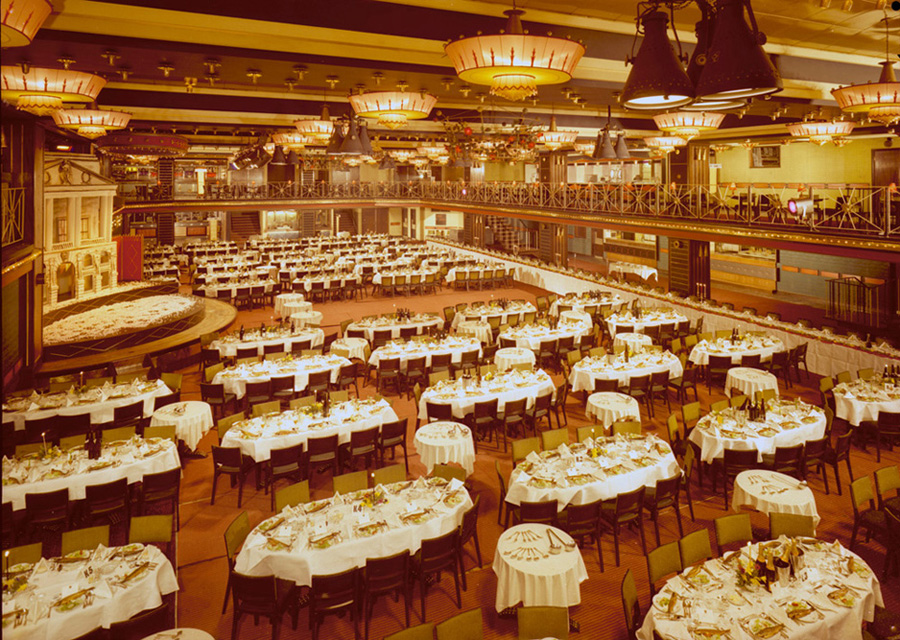How to Choose the Best Venue for Your Event
Choosing the right venue plays a big part in how well the event is received and attended. There are many considerations, with each decision affecting choices in other, related areas. Here are the main things to think about:
Your Budget
Just about everything else springs from your available budget. It will dictate many choices so smart planning here can make or break the event success. Some negotiation may be possible, maybe through reduced costs for a midweek booking, or with a little creative flexibility and juggling by reducing costs in other areas such as catering or entertainment.
Determining how much of the overall event budget you can allocate to the venue costs will narrow down choices and make planning easier. Don’t forget to factor in insurance costs. Ask at each venue on your list what insurances you need, then get together with your insurer to add these to existing policies if necessary. Allow plenty of time for this.
The Location
Attendees arriving from remote locations may appreciate a venue close to an airport or major road links and hotels. If everyone attending lives locally, this may not be as important. The event type and size can help inform decisions regarding venue location, although this also needs to balance against costs involved.
Accessibility is another location consideration. Can wheelchair users get around the venue, are there baby-changing facilities if it’s a family event? How can you arrange seating to make the event enjoyable for elderly attendees or others with special needs?
Providing guests with a map and good directions that include alternative forms of travel, such as directions from railway stations, helps everyone arrive on time and unstressed. You could use a mobile event app to keep everyone in touch, with the best ones also including parking directions or floor plans.
Date Availability
Timing an event correctly is crucial:
- Does yours clash with other major local or national events?
- Are the dates you’d prefer available?
- Can you be flexible on date during the planning phase?
Don’t underestimate the amount of lead time needed, especially if your event has a seasonal tie-in. The most popular venues will be booked up very early for seasonal events throughout the year. Allow at least six months or longer to keep your venue options open.
The day or date you choose also depends on the type and length of the event.
- Midweek events that run late into the night may not be as popular with working attendees.
- Events that run over several days may run into weekend parking restrictions or travel times, or increase parking costs for guests.
Size and Type of Venue
The size of venue needed depends on the types of activities planned as well as the number of guests. Some venues also stipulate minimum numbers of attendees, especially those offering catering services.
The kind of building also has an impact on how attendees perceive the event. Consider the ambiance, and whether a traditional, old building or a modern, high tech venue would best suit your event style and purpose. This can have an impact on branding.
With regard to activities, do you need a separate conference-style room for keynote speakers, a catwalk for models, or a hall to set up trade booths or demonstration stalls? Preparing for speakers also demands consideration of appropriate seating, and you’ll almost certainly need a stage. If the venue doesn’t have a stage, you’ll need to hire one.
Services Included
Depending on the type of event, your chosen venue may offer some services such as catering or kitchen use, tables and chairs or people who will help set things up and take care of cleaning afterwards. Venues that provide this type of service can save a lot of additional work and expense, but make sure you know up-front exactly what is included as you’ll have to provide everything else.
Outdoor seating, steps and ramps can, for instance, be outside the venue’s services.
Staging for entertainment, or equipment for sound and visual presentations may also be up to you to organise.
Venue Layout
A good layout for the type of event you’re hosting can make organisation on the day very much easier. Consider which areas will be high traffic, if you need somewhere for registration, how you’ll organise security or monitor the doors. For an event that ranges through several rooms or over more than one floor, plan signage so attendees know where things are happening and how to get there.
Organising the venue and setting the date focuses your attention on a firm deadline. If you haven’t already, put together an event team and delegate tasks between members. The venue is just the beginning, and having decided on this important aspect, the rest of the planning can go ahead.

